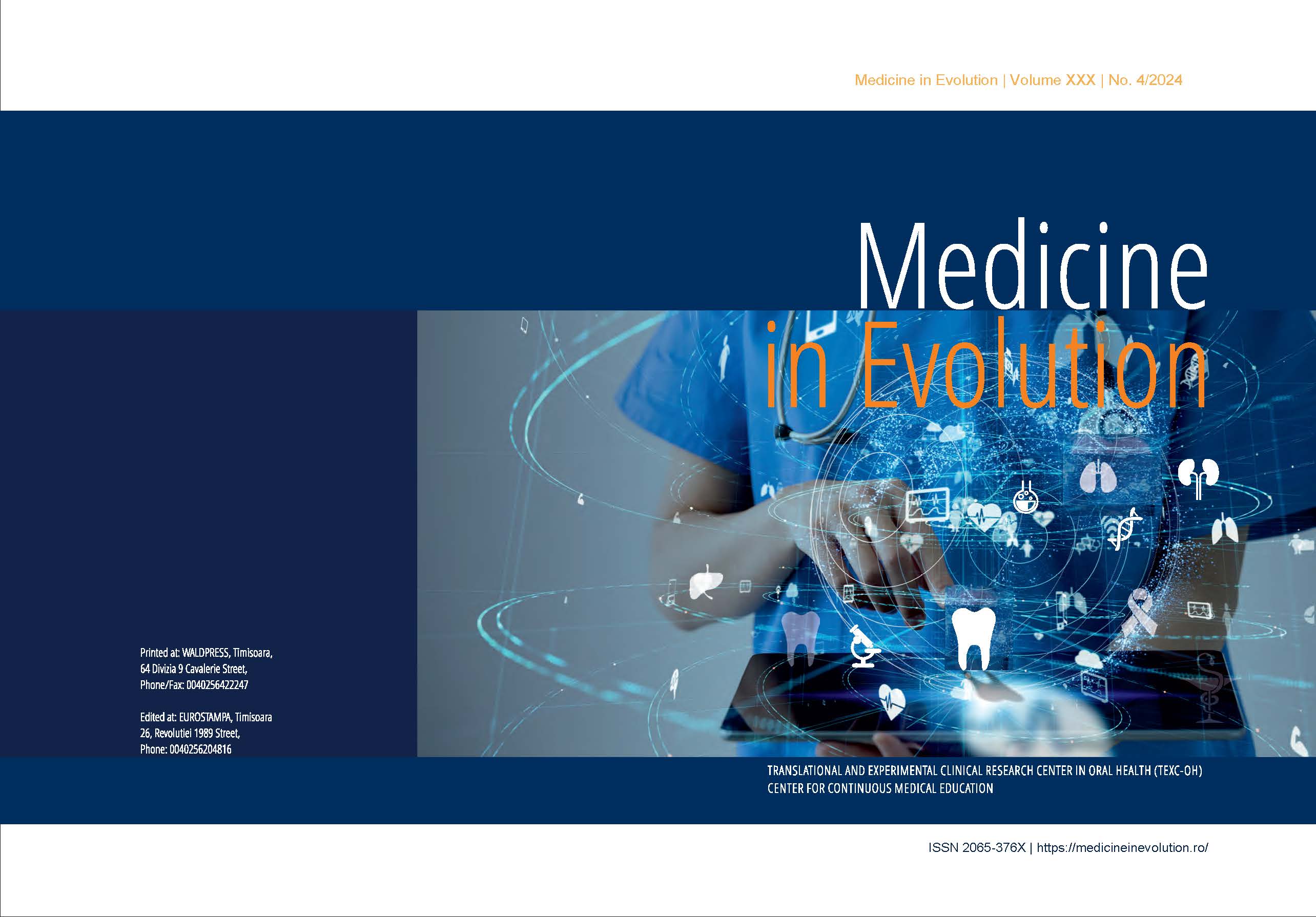Exploring Salivary Biomarkers and Health Parameters in Type 2 Diabetic and Non-diabetic Patients
Main Article Content
Abstract
1.Background/Objectives: Diabetes mellitus (DM) is a chronic, non-communicable disease with significant systemic and oral health complications. Early, non-invasive diagnostic approaches, such as salivary biomarker analysis, could improve management and reduce associated complications. Salivary alpha-amylase has emerged as a promising biomarker due to its role in glycemic control and stress-related sympathetic activation. This study aims to evaluate salivary alpha-amylase levels as potential biomarkers for type 2 diabetes mellitus (T2DM) and explore their correlation with clinical parameters.2. Methods: A cross-sectional study was conducted involving 40 participants (20 T2DM patients and 20 controls). Saliva samples were collected and analyzed for alpha-amylase using ELISA. Data on oral health, body mass index (BMI), glycated hemoglobin (HbA1c), and total cholesterol were also collected.3. Results: Salivary alpha-amylase levels were significantly higher in T2DM patients (mean: 177.86 μ/L) compared to controls (mean: 90.98 μ/L, p = 0.001). Poorer oral health, higher BMI, and increased cholesterol levels were observed in diabetic participants. HbA1c levels revealed suboptimal glycemic control in a subset of patients.4. Conclusions: Salivary alpha-amylase shows potential as a non-invasive biomarker for T2DM diagnosis and monitoring. The findings emphasize the need for integrated medical and dental management to address systemic and oral health challenges in diabetes. Further research is needed to validate and standardize salivary diagnostic methodologies.
Article Details

This work is licensed under a Creative Commons Attribution 4.0 International License.
